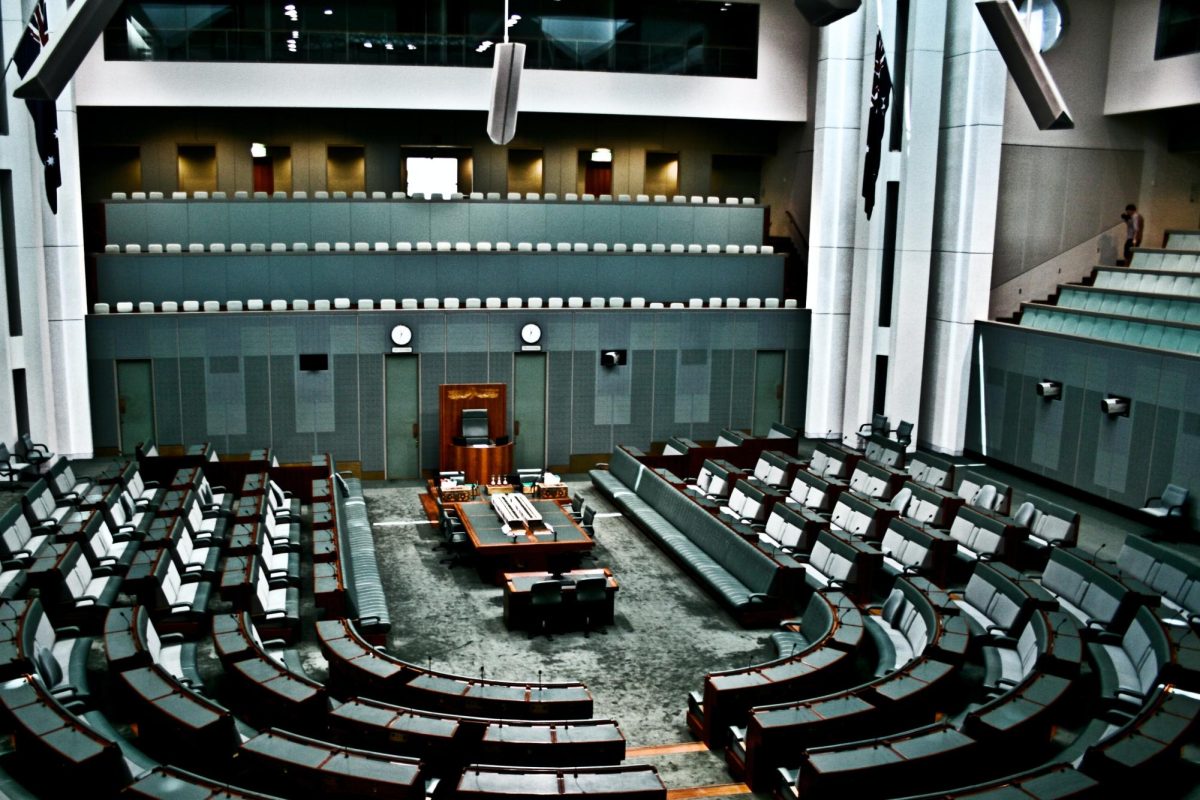In a historic turn of events, Kevin McCarthy, the Republican leader, has been ousted as the House Speaker in a monumental vote. This development marks a significant shift in the balance of power and could have far-reaching implications for both the Republican Party and the functioning of Congress as a whole. Let us delve deeper into the circumstances surrounding McCarthy’s removal and explore the potential consequences it might have on the political landscape.
The Vote and Fallout:
Following a move by a group of dissident GOP members, McCarthy faced a vote to remove him from the House Speaker post. This unprecedented event in U.S. history resulted in his removal from office, leaving a void in one of the most influential positions in American politics. Upon acknowledging the outcome, McCarthy announced his decision not to run for House Speaker again. As Republicans plan to hold a vote for a new speaker in the coming days, the party is poised for a crucial leadership transition.
Reasons Behind the Vote:
The reasons behind McCarthy’s removal as House Speaker are multifaceted. Dissatisfaction with his leadership style and strategic decisions reportedly played a significant role in motivating the dissident group. Furthermore, some members of the GOP felt that McCarthy had not done enough to advance conservative policy goals or effectively challenge the policies of the Democratic Party. These internal divisions and disagreements ultimately culminated in the vote that led to McCarthy’s ousting.
Implications for the Republican Party:
Removing Kevin McCarthy as House Speaker signifies a significant moment for the Republican Party. It exposes the deep divisions within the party and highlights the challenges it faces in maintaining unity and coherence. The upcoming vote for a new speaker presents an opportunity for the GOP to redefine its direction, leadership, and policy priorities. The selection of a new speaker will undoubtedly shape the course of Republican politics in the coming months and years.
Impact on Congressional Dynamics:
The change in House leadership will profoundly impact the dynamics of Congress. The House Speaker plays a pivotal role in setting the legislative agenda, managing party discipline, and negotiating with the Senate and the executive branch. With McCarthy’s departure, the House will face a period of transition and adjustment as a new speaker assumes these crucial responsibilities. This power shift could potentially affect the legislative process and the ability of Congress to address critical national issues.
The removal of Kevin McCarthy as House Speaker represents a landmark moment in American politics. The vote to oust him from office reflects the internal strife within the Republican Party and presents an opportunity for the party to reassess its direction. As the GOP prepares to select a new speaker, the implications of this leadership change will reverberate throughout Congress and the nation. The coming days and weeks will undoubtedly shape the future of the Republican Party and the functioning of the U.S. government.








